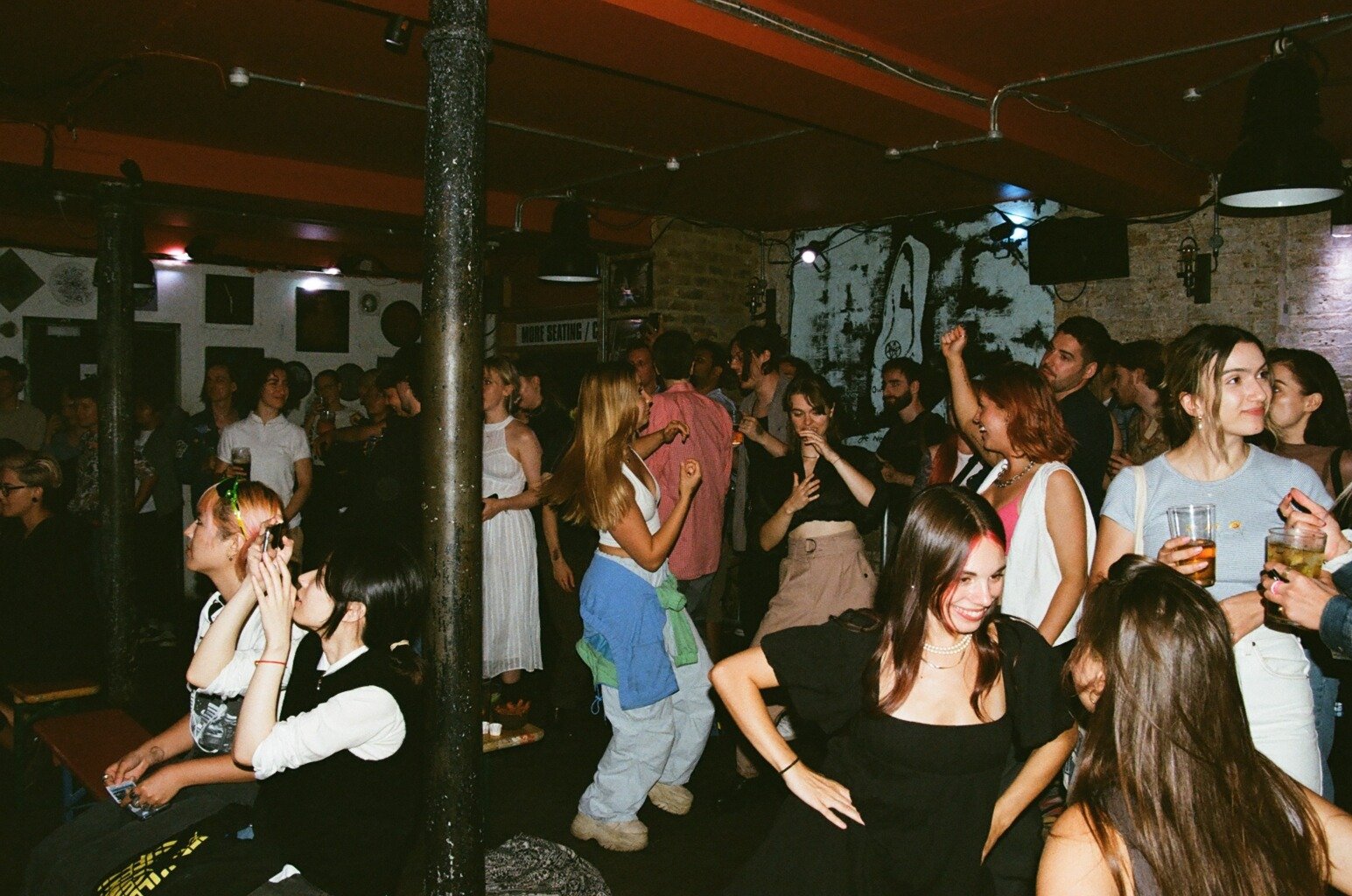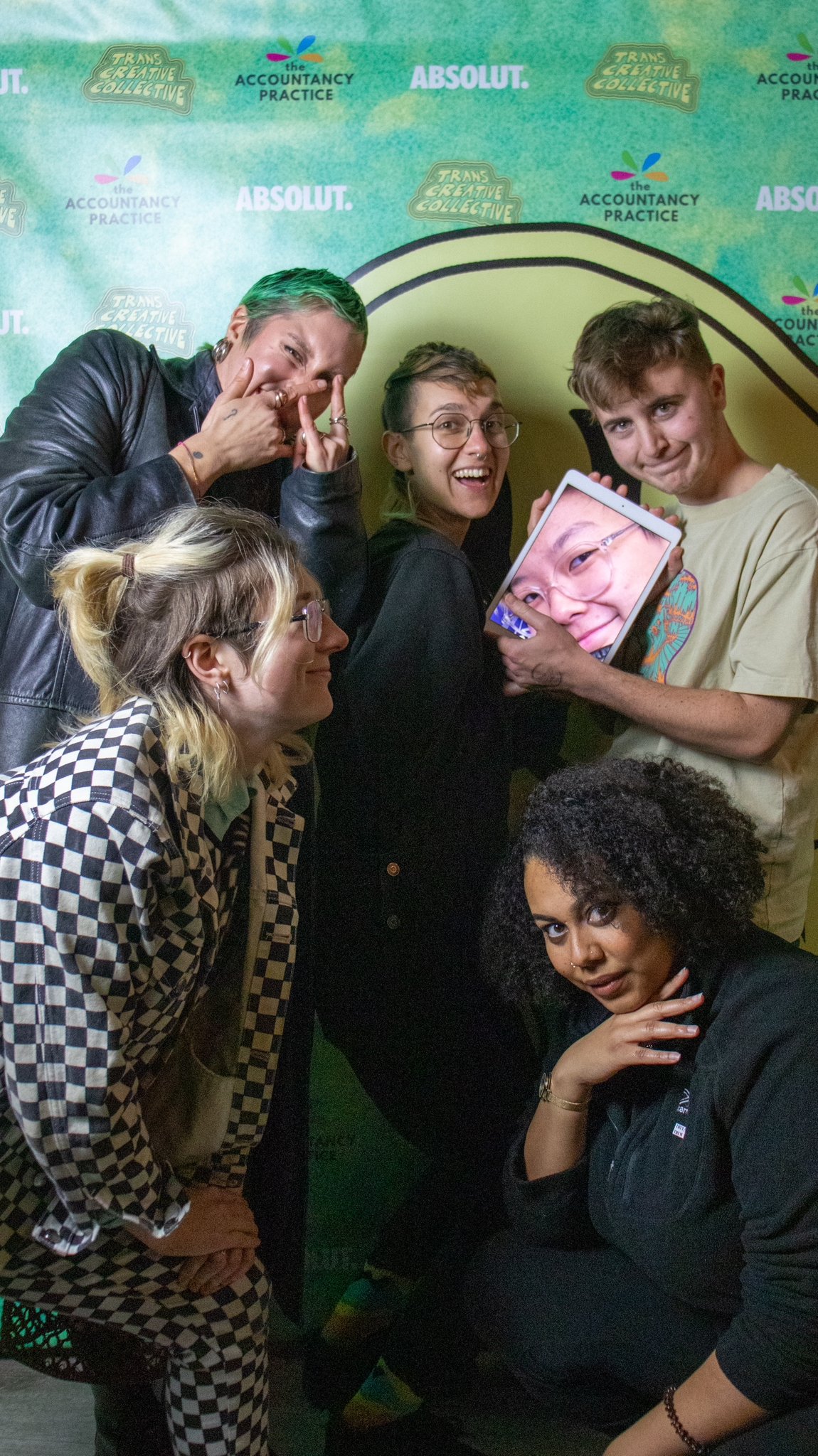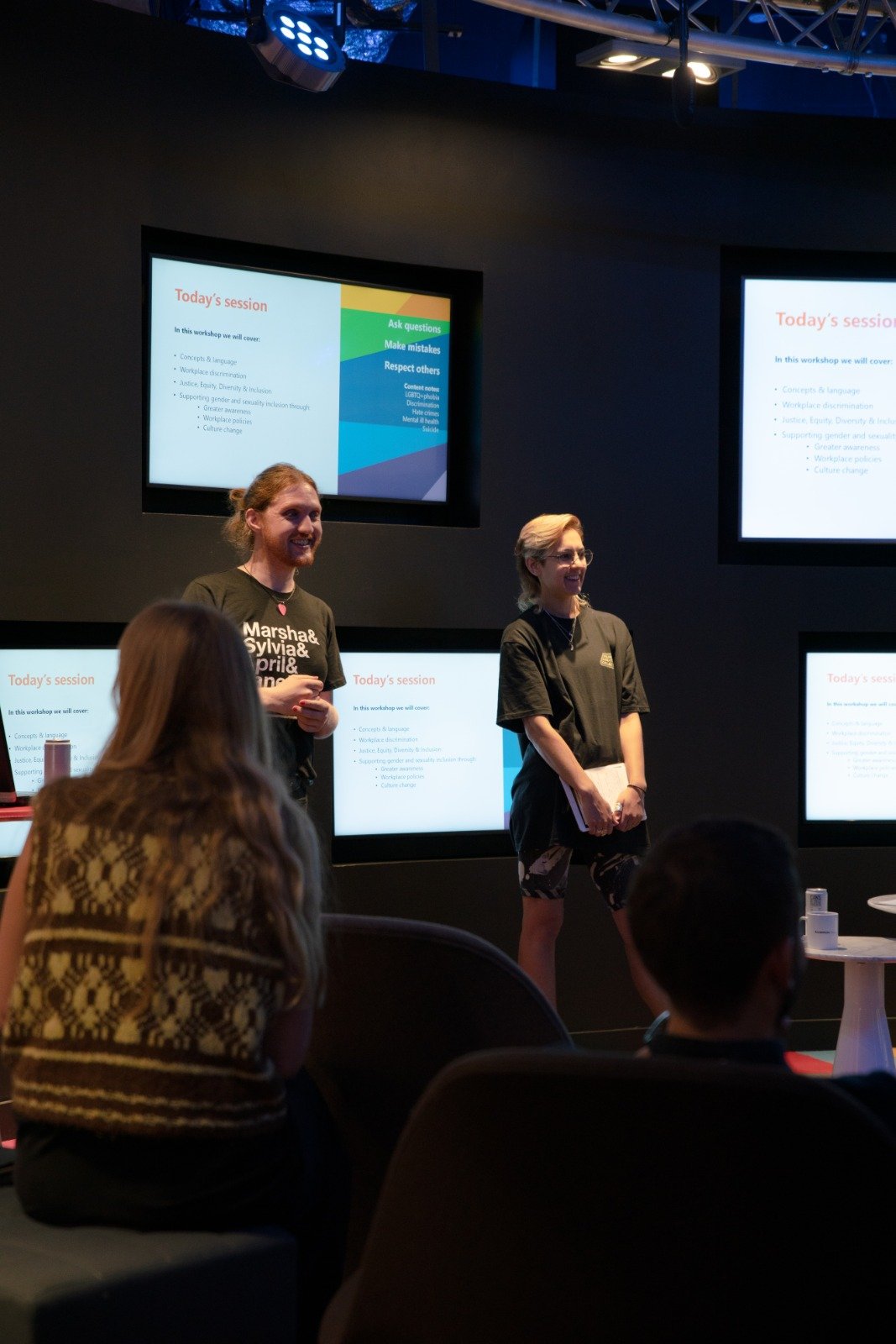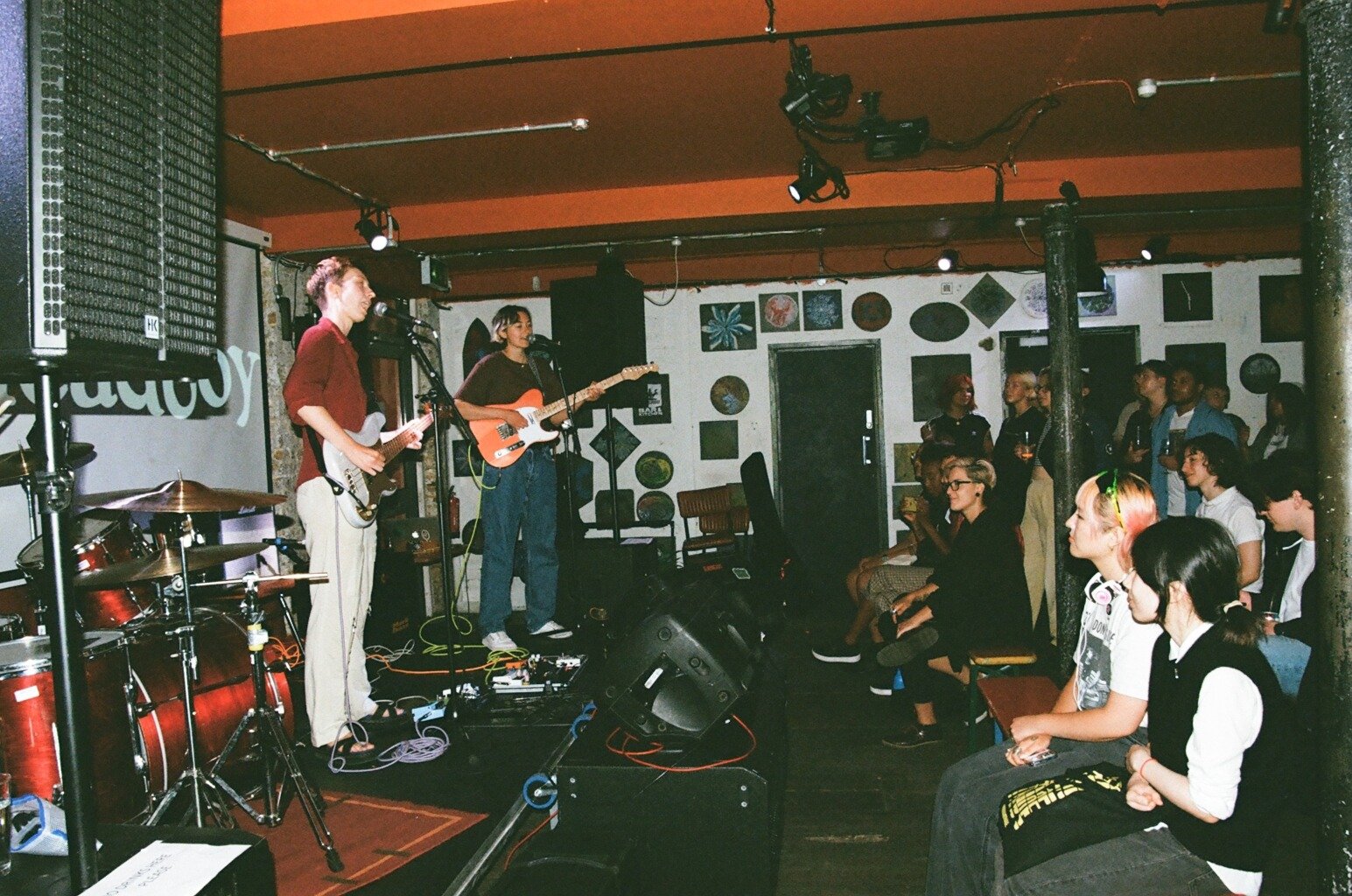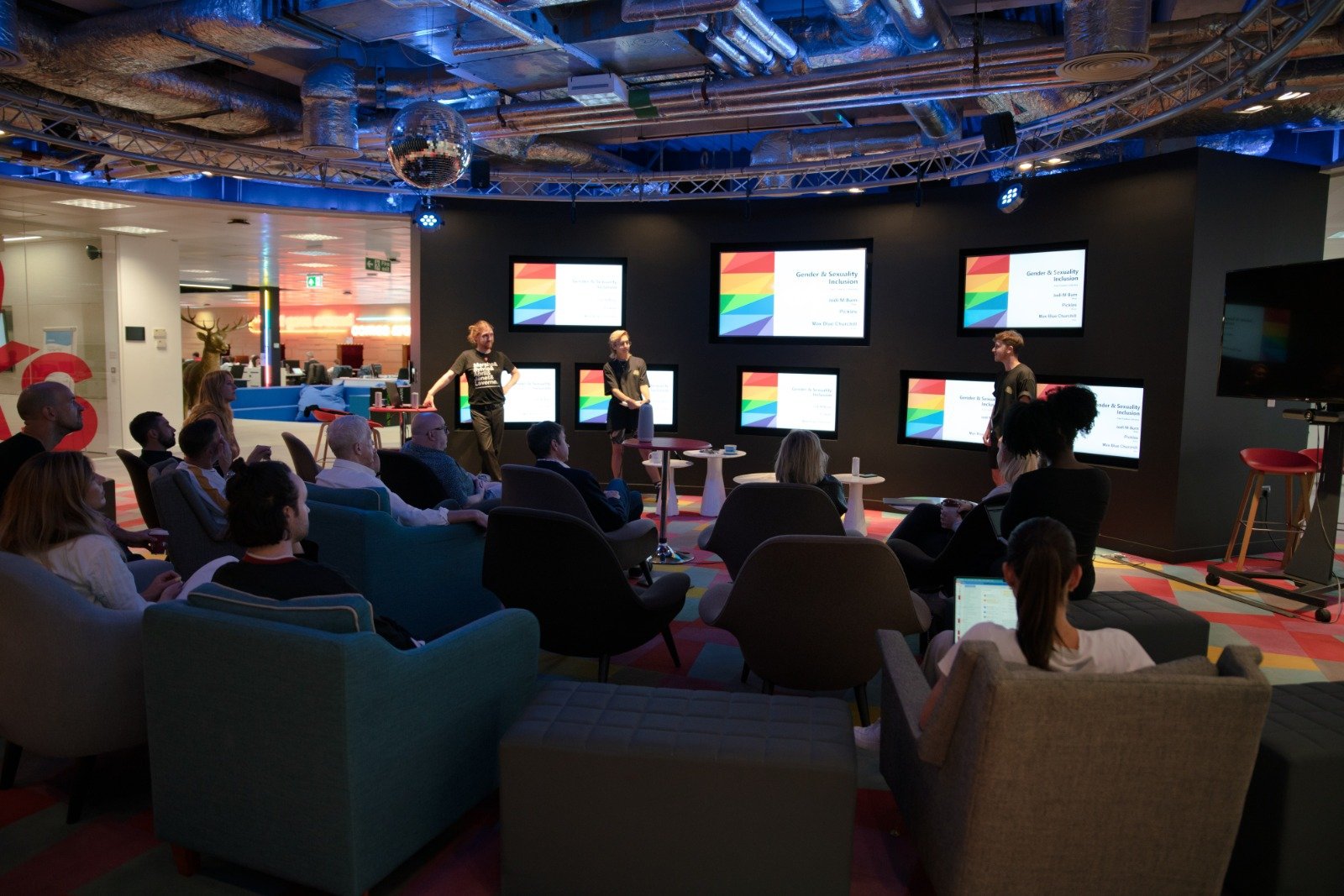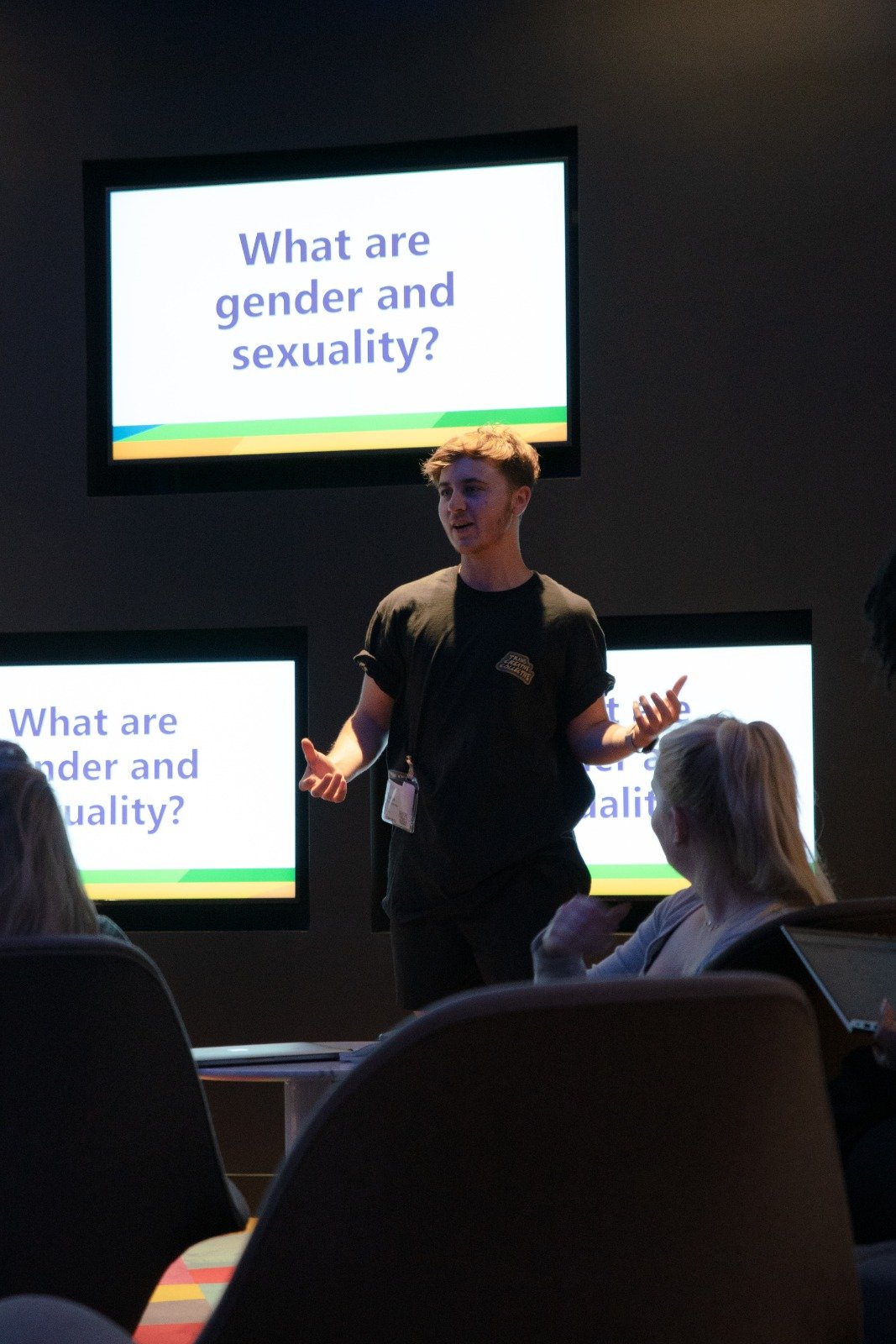FAC Insights: Creating a new era of inclusivity - uplifting & supporting trans & nonbinary musicians by Nelly Rodrigues
FAC Insights is a forum for us to showcase and share long form pieces looking at various parts of the music industry and the society that shapes it. Pieces take the form of videos, interviews, discussions, articles and more.
This week we are thrilled to share an article by Nelly Rodrigues - a university lecturer, film producer / director and co-founder of the Trans Creative Collective.
The Trans Creative Collective works to uplift and support the voices and talents of trans and nonbinary people in the creative industries, through collaborative projects, resources and representation. Join the directory of trans+ creative and allies now!
Creating a New Era of Inclusivity: Uplifting and Supporting Trans and Nonbinary Musicians in the Music Industry
In today's music industry, trans and nonbinary people are underrepresented. It was not until September of 2022 that Sam Smith and Kim Petras were able to make history as the first openly nonbinary and transgender artists to top the Billboard Hot 100 with the release of ‘Unholy’.
Society's values are shifting - and this change is reflected holistically in the pop music scene. What are the ways in which we can disrupt the industry and bring Trans+ tastemakers into the mainstream, leading to a new era of representation and inclusivity?
The Zoomers, or the younger generation, are rejecting transphobia and homophobia and instead embracing queer Trans+ excellence in some parts of the music industry.
One example of this is the release of our favourite Virgo’s recent album 'RENAISSANCE', which paid tribute to the Black, queer, ballroom scene and brought mainstream attention to a plethora of subcultures. Trans people have influenced dances, makeup trends, and it has filtered down to metropolitan consumption In the early 2010s, how likely would it have been that an artist like Beyonce would have been able to release an album of similar genre and receive commercial support. Or the aforementioned artists Sam Smith and Kim Petras, for that matter.
Sonic star power aside, the music industry is one that relies on acceptable aesthetics. Until these evolve and become the norm, we can count on bodies of work like ‘RENAISSANCE’ and ‘Unholy’ being put out once in a blue moon. However, if lesser-known trans artists are not also given the opportunity to be uplifted, it may seem to audiences that the industry is only paying lip service to inclusivity. The new generation of consumers values authenticity and activism, and they want to see genuine representation of trans and nonbinary people.
Demi Lovato recently came out as nonbinary and prompted people to use 'they/them' pronouns when referring to them. This sparked a conversation about the "damned if you do, damned if you don't" situation that gender nonconforming people often face. On one hand, they (Demi and people like them) are criticised in the media for seeking attention, but on the other hand, they are criticised for not being vocal enough about their identity.
There is also an uncomfortable spotlight being shone on Trans+ people in the music industry, with some using them as a scapegoat for other issues faced by the industry as a whole. Instead of addressing these issues head-on, some in the industry prefer to create divisive diversions, painting legitimate concerns as mere complaints.
However, there are small but powerful changes happening in the industry. The Brit awards, for example, recently discarded gender categories, consolidating 'Best Female' and 'Best Male' into 'Best Artist'. This serves as an example of inclusivity, not exclusivity and inspires hope for transforming activism into a verb once again.
In a filmed conversation held at Abbey Road Studios, pop artist Andrea Di Giovanni and producer Charlie Deakin-Davies discussed the late experimental pop artist SOPHIE and how artists are often only recognized for their work after they've passed away. Trans, gender nonconforming, and nonbinary people don't want to be marketed as "that nonbinary producer" or "that trans+ pop artist". They want to be recognized for their artistry, not their gender identity.
Artists like Darkoo are examples of this. Darkoo, a Nigerian rapper, had a hit song 'Gangsta' in 2019 and navigates the spectrum of masculinity and femininity with ease on Instagram. However, conversations about Darkoo's artistry are limited to the music itself and not their gender identity. Darkoo, being unquestionably accepted into the fold, into a genre that is often dominated by Black cishet men, speaks volumes. We can just exist in these spaces, sans category, sans coming out. This is the implied future for music.
In order to truly bring about a new era of representation and inclusivity in the music industry, it's important for the industry to actively work towards uplifting and supporting lesser-known trans artists. This can be done in a variety of ways, such as providing more opportunities for these artists to perform and showcase their talents, as well as providing resources and support for them to develop their careers.
One way to do this is by creating more opportunities for these artists to perform and showcase their talents. This can be done by booking them for more live shows, festivals, and other events, as well as providing them with more opportunities to record and release their music, as Abbey Road Studios have done for their ‘EQUALISE’ session for Transgender Day of Visibility 2021.
Another way to support trans musicians is by providing resources and support for them to develop their careers. This can include things like mentorship programs, networking opportunities, and other forms of professional development. Additionally, it's important for the industry to provide these artists with more visibility and recognition for their work. This can be done by featuring them more prominently in music publications, on music streaming platforms, and on social media.
It's also crucial for the industry to take steps to address the underlying issues that contribute to the underrepresentation of trans+ people in the music industry. This includes tackling discrimination and bias, as well as providing more opportunities for education and training on issues related to trans and nonbinary people.
Ultimately, the music industry has the power to shape culture and push for societal change.
By actively working to support and uplift trans, the industry can play a crucial role in creating a more inclusive and equitable society. It's time for the industry to take action and make this a reality.
In conclusion, the music industry is slowly but surely changing to be more inclusive of trans and nonbinary people. However, there is still a long way to go and the industry must do more to uplift and support lesser-known trans artists. Consumers want authenticity and representation, and it's important for the industry to recognize that trans people are more than their gender identity, they are artists and producers in their own right.

